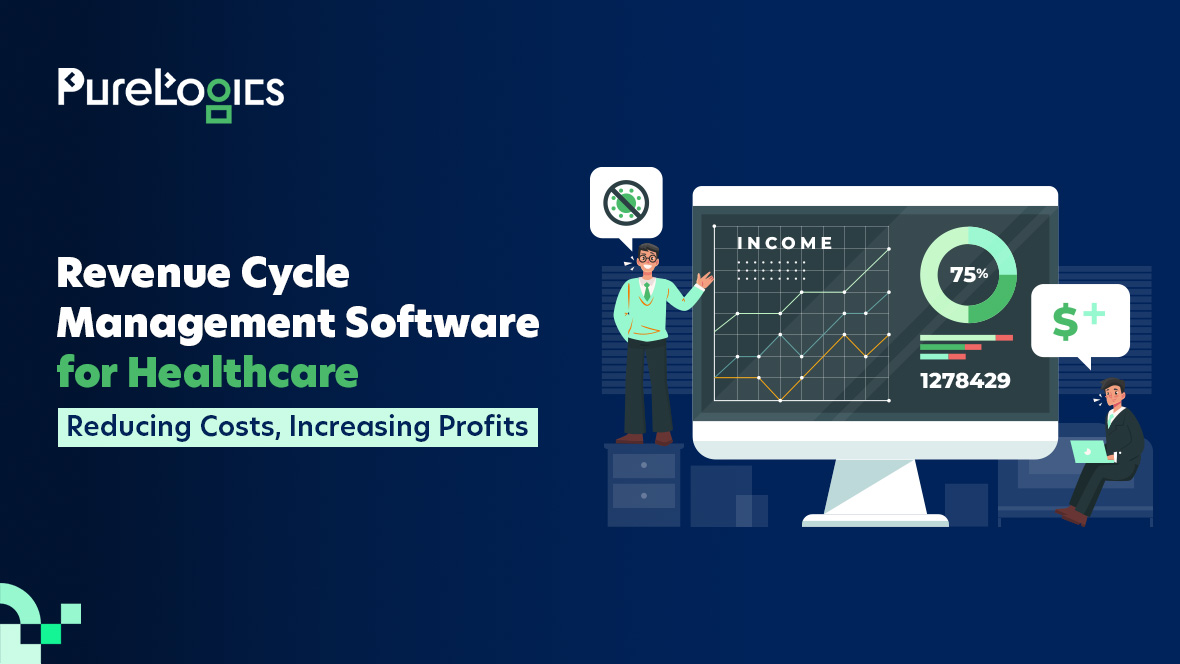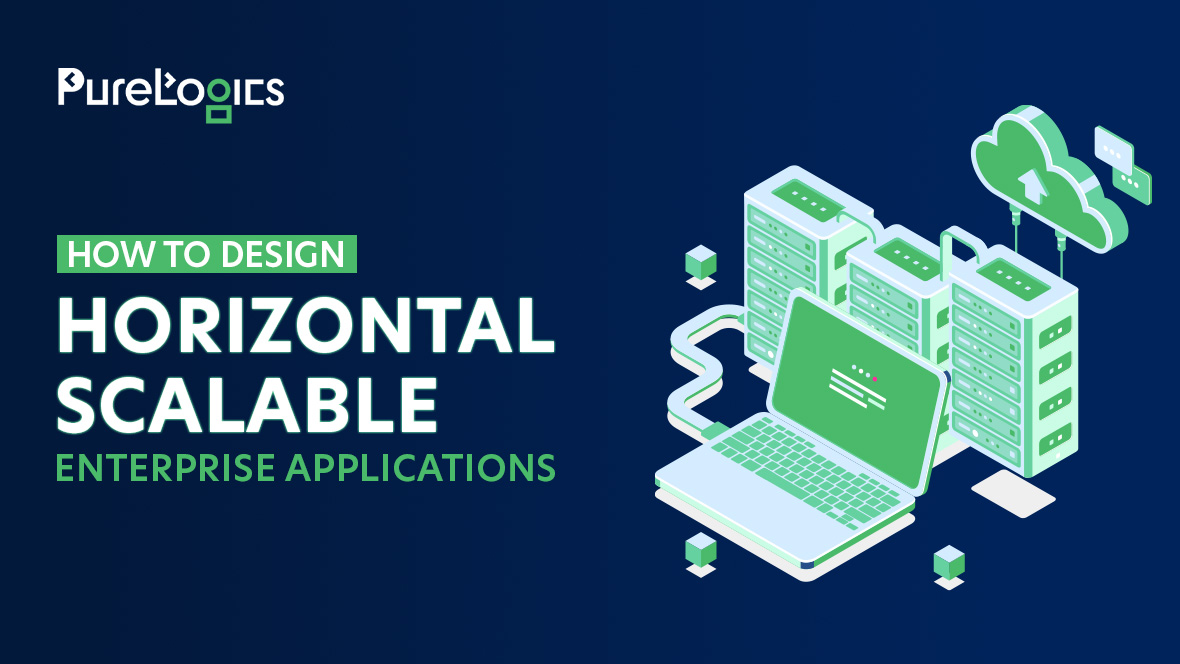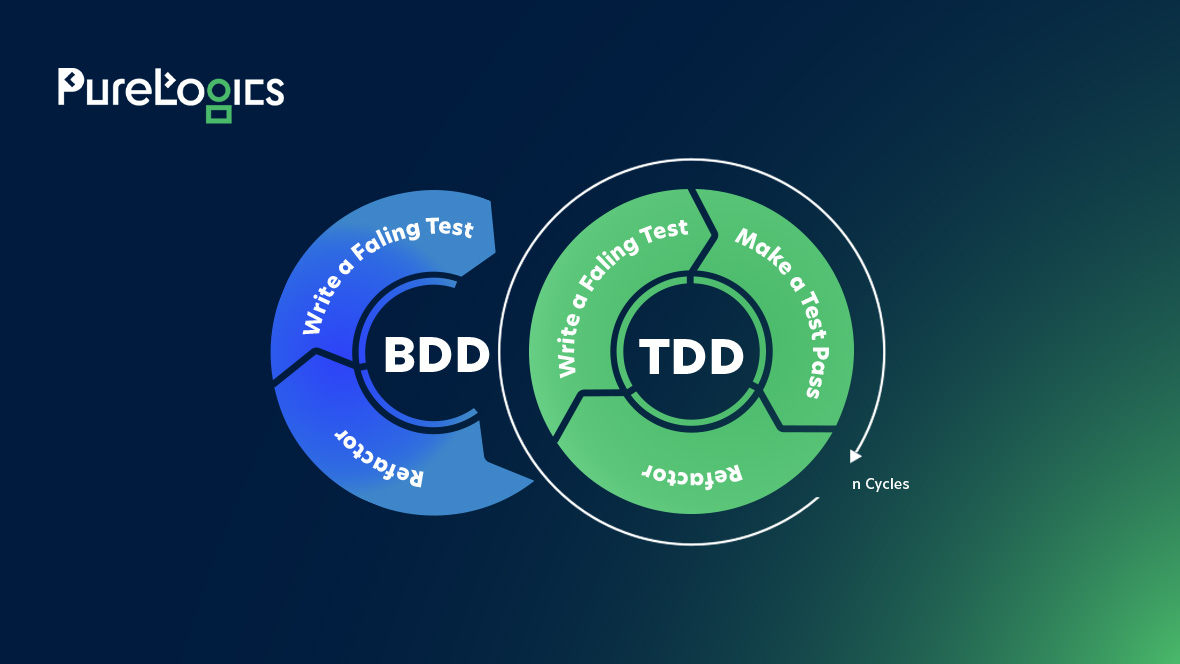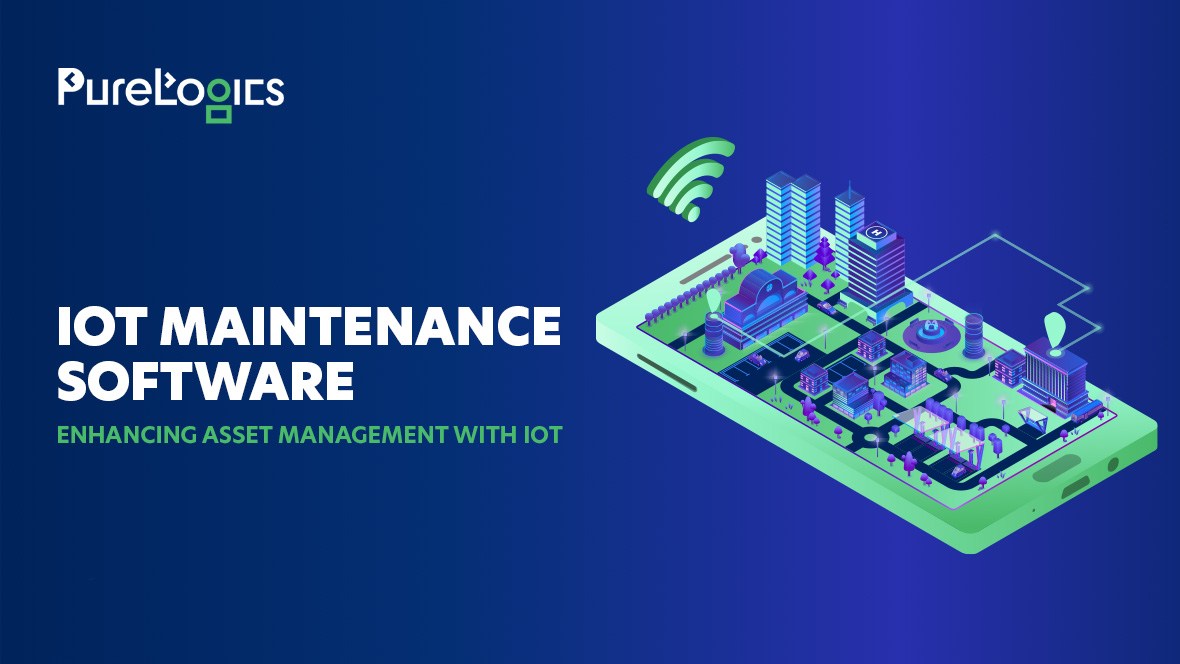Today’s manufacturers face increasing pressure to enhance efficiency, control costs, and meet ever-changing customer demands. Traditional approaches to managing production, inventory, and supply chains often fall short in an era of digital transformation. Many leading manufacturers are turning to Manufacturing ERP systems to streamline operations, reduce manual errors, and gain real-time visibility into every stage of production.
Research suggests that businesses adopting ERP solutions see notable improvements in productivity and profitability. This guide will walk you through how Manufacturing ERP is reshaping operations, its must-have features, and how businesses can successfully implement it to stay ahead in a competitive market.
Understanding Manufacturing ERP Software
Manufacturing ERP software is a unified platform designed to integrate and manage core business processes specific to the manufacturing sector. Unlike generic ERP systems, manufacturing-focused ERPs address unique challenges such as production planning, inventory control, supply chain coordination, and quality assurance.
By consolidating these functions, manufacturers gain real-time visibility and control over their operations, leading to informed decision-making and optimized resource utilization.
Key Features of Manufacturing ERP
The following are key features of manufacturing ERP:
Production Planning and Scheduling: Facilitates efficient allocation of resources, ensuring optimal production workflows and timely order fulfillment.
Inventory Management: Monitors stock levels in real-time, reducing carrying costs and minimizing stockouts or overstock situations.
Supply Chain Management: Enhances coordination with suppliers and distributors, streamlining procurement and distribution processes.
Quality Control: Implements standardized quality checks throughout the production cycle, ensuring consistent product standards.
Financial Management: Integrates accounting functions, providing comprehensive financial oversight and facilitating budgeting and forecasting.
Customer Relationship Management (CRM): Manages customer interactions and feedback, fostering improved client relationships and service.
5 Ways ERP Solutions are Transforming Manufacturing Operations
Now, let’s explore the five easy ways ERP solutions are transforming manufacturing operations!
Enhanced Data-Driven Decision Making
Modern ERP systems harness advanced analytics to provide actionable insights. By analyzing production data, manufacturers can identify inefficiencies, predict maintenance needs, and adjust operations proactively.

Improved Supply Chain Resilience
ERP systems offer real-time visibility into supply chain activities, enabling manufacturers to anticipate disruptions and respond swiftly. During global crises, companies with integrated ERP solutions were better equipped to manage supply chain challenges, maintaining operational continuity.
Operational Efficiency and Cost Reduction
By automating routine tasks and optimizing resource allocation, ERP systems significantly reduce operational costs. Manufacturing firms have reported up to a 20% reduction in operational expenses post-ERP implementation, attributed to streamlined processes and reduced manual interventions.
Scalability and Flexibility
ERP solutions are designed to adapt to evolving business needs. As manufacturers expand or diversify, the ERP system scales accordingly, supporting new processes, additional users, and increased data volumes without compromising performance.
Regulatory Compliance and Risk Management
ERP systems assist in maintaining compliance with industry regulations by ensuring accurate record-keeping and standardized processes. This reduces the risk of non-compliance penalties and enhances overall corporate governance.
Implementing Manufacturing ERP Solutions
Setting up a Manufacturing ERP System is a step-by-step process that needs proper planning, clear goals, and adjustments to fit business needs. Here are the main steps to successfully implement an ERP system:
1. Comprehensive Needs Assessment
Begin by evaluating existing processes to identify pain points and areas for improvement. Engage stakeholders across departments to gather diverse perspectives, ensuring the ERP system addresses all critical requirements.
2. Selecting the Right ERP System
Choose an ERP solution that aligns with your specific manufacturing processes. Consider factors such as scalability, customization options, user-friendliness, and vendor support. It’s essential to select a system that can adapt to both current needs and future growth.
3. Phased Implementation Approach
Adopt a phased rollout strategy, implementing the ERP system in stages. This approach allows for manageable transitions, minimizes disruptions, and provides opportunities to address issues promptly. A phased implementation also facilitates user adaptation and training.
4. Data Migration and Integrity
Ensure accurate data migration from legacy systems to the new ERP platform. Data cleansing and validation are critical to maintaining data integrity, as inaccurate data can lead to operational disruptions and flawed decision-making.
5. User Training and Change Management
Invest in comprehensive training programs to familiarize employees with the new system. Effective change management strategies, including clear communication and ongoing support, are vital to address resistance and ensure user adoption.
6. Continuous Monitoring and Optimization
Post-implementation, regularly monitor system performance and gather user feedback. Continuous optimization ensures the ERP system evolves with changing business needs and technological advancements.
Why Choose PureLogics for Your Manufacturing ERP Software
Selecting the right partner for ERP implementation is crucial for success. PureLogics stands out as a premier choice for manufacturing ERP solutions due to:
Industry Expertise: With extensive experience in the manufacturing sector, PureLogics understands the unique challenges and requirements, offering tailored ERP solutions that align with industry best practices.
Customized Solutions: Recognizing that no two manufacturers are identical, PureLogics provides customizable ERP systems designed to meet specific operational needs, ensuring a seamless fit with existing processes.
Proven Track Record: PureLogics boasts a history of successful ERP implementations, with clients reporting enhanced efficiency, reduced costs, and improved profitability.
Comprehensive Support: From initial consultation through post-implementation, PureLogics offers continuous support, including training, troubleshooting, and system upgrades, ensuring sustained operational excellence.
Innovative Technology: Leveraging the latest technological advancements, PureLogics ensures your ERP system is equipped with cutting-edge features, positioning your business at the forefront of industry innovation.
Get Started with PureLogics Today
If you’re ready to take your manufacturing operations to the next level, PureLogics is here to help. Our expert team will guide you through every step of the ERP implementation process, ensuring a smooth transition and long-term success. Contact us today to learn how our Manufacturing ERP solutions can drive efficiency, reduce costs, and position your business for sustained growth in a competitive market.
Let’s build a smarter, more efficient future for your manufacturing business—with PureLogics by your side.


 [tta_listen_btn]
[tta_listen_btn]
 May 15 2025
May 15 2025






